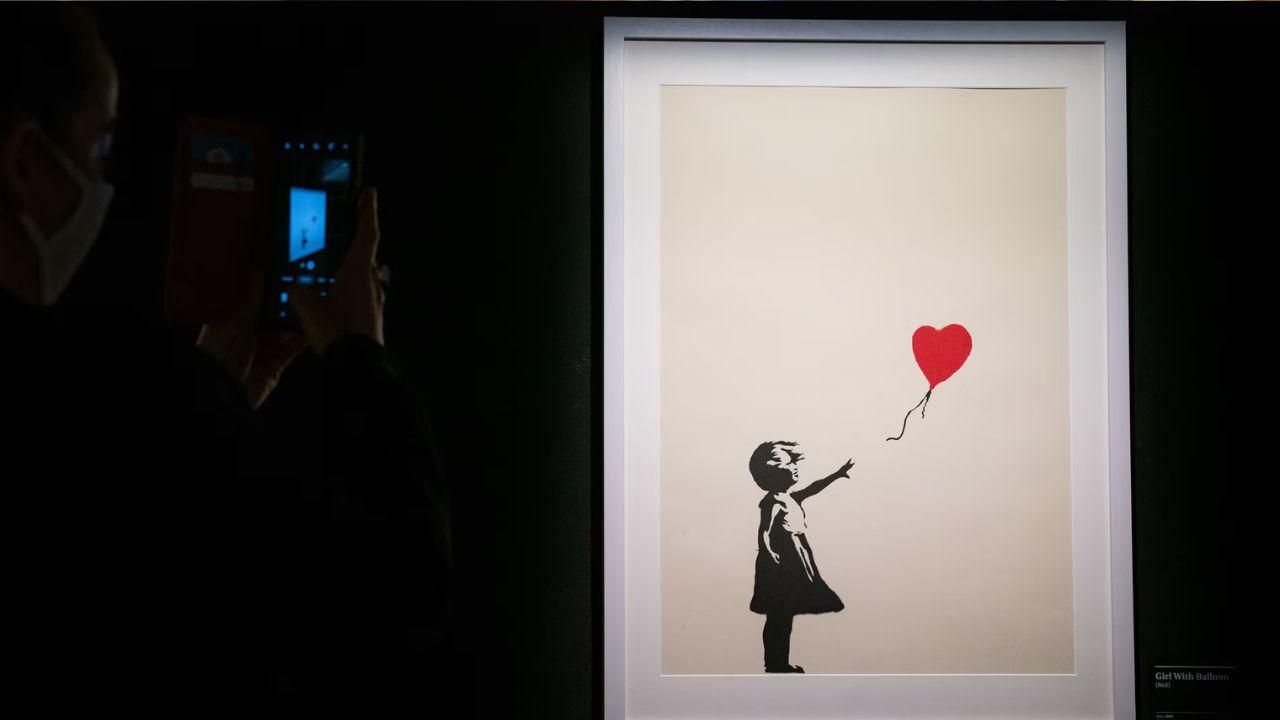Bangladesh will have a herculean task to recover the money laundered out of the country during the tenure of last 15 years as former dictator Prime Minister Shiekh Hasina and her cohorts allegedly plundered the state wealth by patronizing and institutionalizing the corruption in the country, sources in the banking sector said.
According to the National Strategy for Prevention of Money Laundering and Combating Financing of Terrorism, most of the Bangladeshi money has been laundered in the United States, United Kingdom, Canada, Australia, Singapore, Hong Kong, United Arab Emirates, Malaysia, Cayman Islands, and British Virgin Islands…….
Bankers of the country have different views on the retrieval of the laundered money into the country in the short and midterm period.
One deputy Governor who served Bangladesh Bank 15 years back said developed countries usually welcome the money into their territories , but show lukewarm response in case of detecting sources of money—either white or black or laundered…
The present world has been passing through a turbulent period and Bangladesh can hardly see a major success in retrieving laundered money in the short and midterm period, he said.
The Anti-Corruption Commission was able to recover approximately S$20.41 lakh (Singapore dollars) in 2012, laundered allegedly by Bangladesh Nationalist Party chairperson Khaleda Zia’s younger son, Arafat Rahman Koko.
But Anti-Corruption Commission, later, has no success in bringing back any laundered money into the country in the past 12 years.
According to Washington-based Global Financial Integrity, on an average $753.37 crore is laundered every year from Bangladesh through international trade.
A GFI 2021 report estimated that $8.27 billion was laundered annually on average between 2009 and 2018. The statistics have not been substantiated either by the Bangladesh bank or Anti -Corruption Commission, sources said.
Rather, Bangladesh does not proper and reliable statistics over the laundered money siphoned off of the country during the last 15 years plus, sources in the Bangladesh Bank and Anti -Corruption Commission said.
One deputy Governor who served Bangladesh Bank said developed countries usually welcome the money into their countries, but show lukewarm response in case of detecting money.
The present world has been passing through a turbulent period and Bangladesh can attain little success in retrieving laundered money in the short and midterm period, he said.
The statistics prepared by the Export Promotion Bureau (EPB) of Bangladesh exaggerated figure of total export of Bangladesh that has created problem in the balance of payments.
Sources said that a number of Bangladesh politicians, business leaders and civil and military bureaucrats are believed to have laundered money of the country and invested in countries like United States, United Kingdom, Canada, Australia, Singapore, Hong Kong, United Arab Emirates, Malaysia, Cayman Islands, and British Virgin Islands
Meanwhile, Sajjadur Rahman and Tonmoy Modak of the Business Standard in a report quoting bankers said “Bangladesh needs to make a concerted effort to recover billions in laundered funds by investing in strong frameworks and expertise.
The retrieval process is rather complex and requires genuine determination and commitment to succeed, they said while speaking at a discussion titled "Save the Banks," organised by The Business Standard in the city.
Selim RF Hussain, chairman of the Association of Bankers Bangladesh (ABB) and managing director of BRAC Bank, said it would be wrong to say there was no corruption during the BNP or earlier Awami League era.
However, the scale was much smaller. Before that, the then government began issuing licences for new banks and these licences were nothing more than sign boards for money laundering, he said. "By this strategy, they syphoned off billions of dollars."
Hussain said that a wave of corruption began in 2017, with the emergence of a new model — takeover banks — operating with the active support of the Bangladesh Bank.
"To bring back the laundered money, we need to invest in making a framework and in experts. If we don't have the necessary expertise locally, we must bring in experts from abroad," he said.
ABB chairman also said the current chief adviser Dr Yunus has global-level networking, knowledge, and a profile and he can do everything necessary. "What we need is the will and commitment and it is possible to recover the money stashed abroad."
Syed Mahbubur Rahman, managing director of Mutual Trust Bank (MTB), said money laundering exists in every economy, but the level it reached here was unbelievable.
"We saw how the Bangladeshi diaspora purchased properties in Dubai, Singapore, Canada, the UK, and the USA," he said.
After the Fakhruddin-Moeenuddin era in 2007-2008, people realised they could lead much better lives abroad, he continued.
"Families started staying abroad while income was earned in Bangladesh and sent out of the country. At the same time, many shell companies were created," said Rahman, adding that they engaged in under-invoicing for exports and over-invoicing for imports.
He said earlier, they used to open LCs for imports in sourcing countries, but later they started opening LCs in Singapore and now in Dubai. Rahman said this was because they were opening LCs against their shell companies.
"This practice became rampant and the central bank gave preferential treatment to these parties. The institution supposed to regulate was aiding these manipulations," said the MTB CEO.
Mohammad Abdul Mannan, chairman of the newly restructured First Security Islami Bank board and former managing director of Islami Bank Bangladesh, also echoed concerns over massive capital flight.
Citing a specific case, he revealed that one group syphoned off Tk75,000 crore from Islami Bank Bangladesh, laundering much of it abroad. "Will this money ever be brought back?" he asked.
Anis A Khan, former chairman of ABB and former managing director of MTB and IDLC, said there are some agencies and experts who can help bring back laundered money, but they are very expensive.
"It is a complex process. The police need to be involved in filing cases, lawyers need to be hired to take it to court," he said, citing an example that at MTB, in 2018, they successfully repatriated money through reverse money laundering to London, with the legal approval of the Bangladesh Bank.
The bankers said there are examples of the recovery of laundered or stolen money by various countries.
For example, Malaysia recovered $1.4 billion related to the 1MDB scandal, with assistance from the USA's Department of Justice.


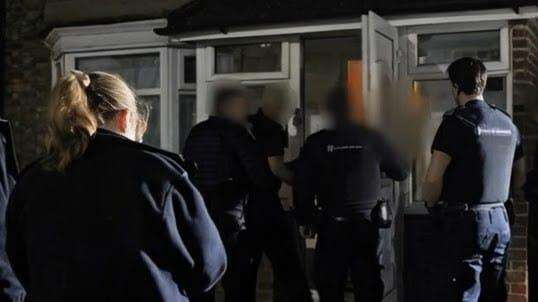
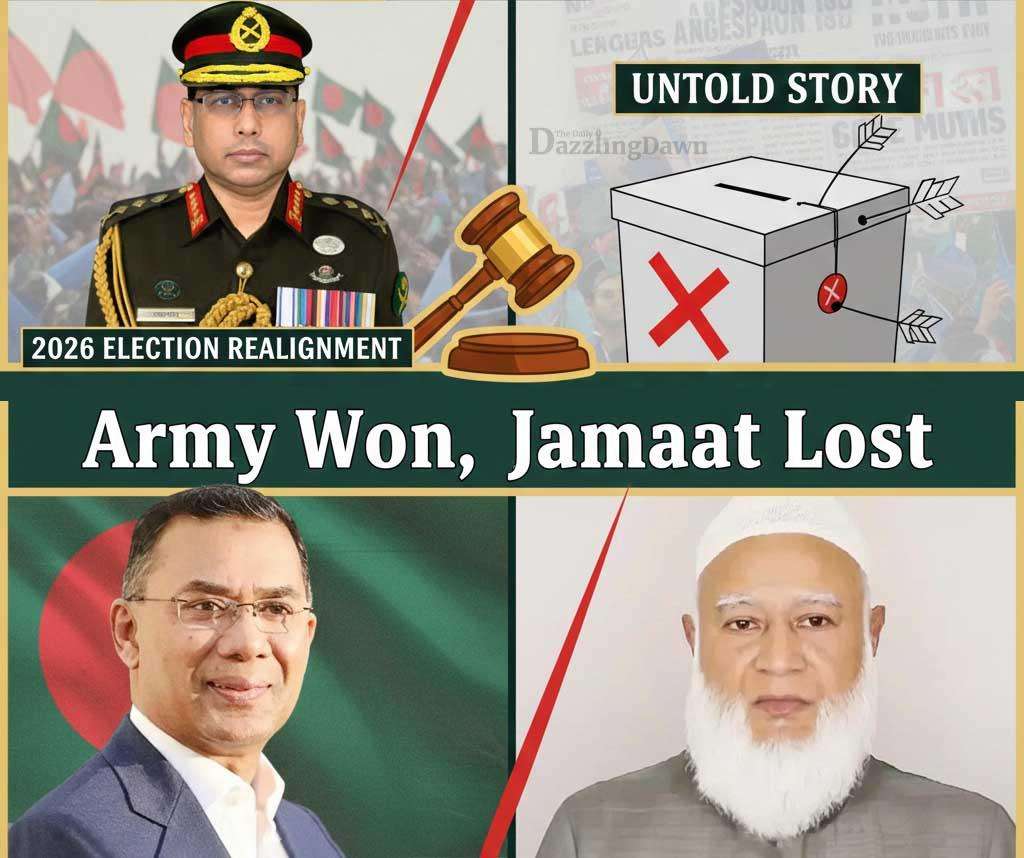
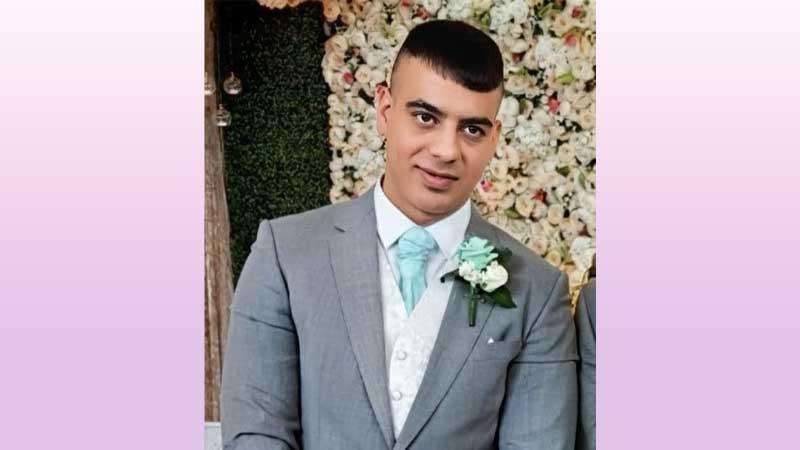


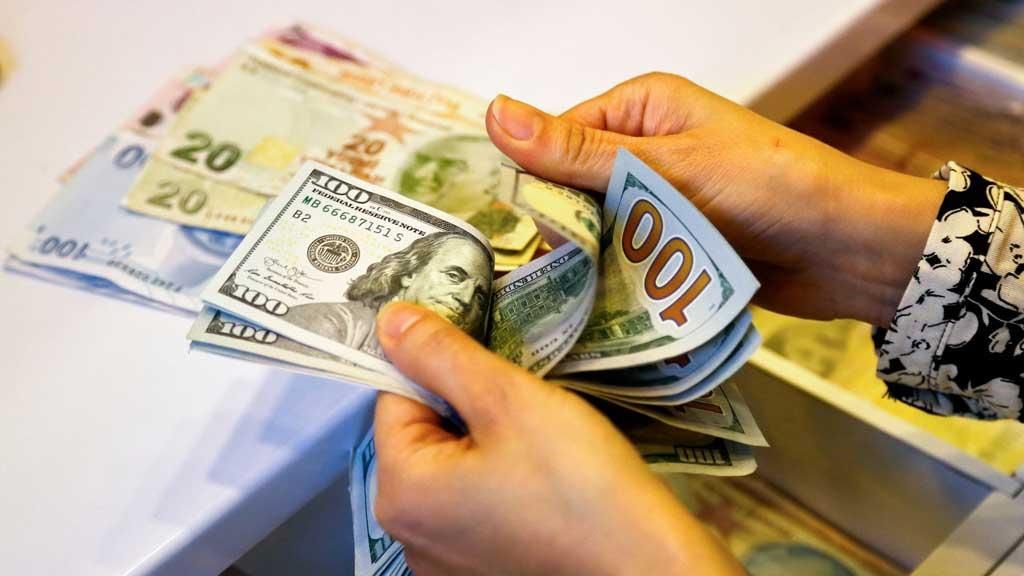
.svg)


